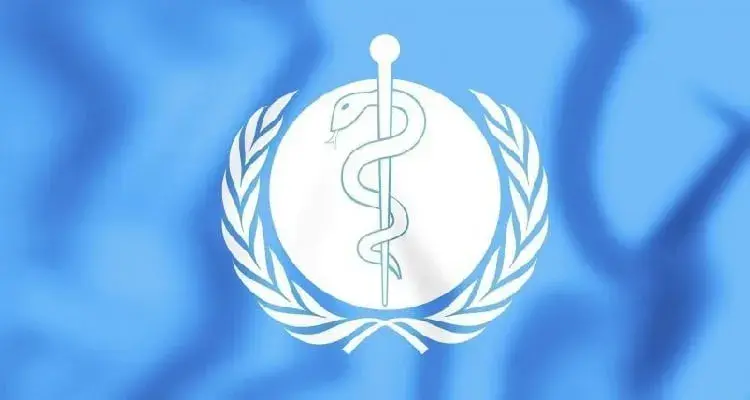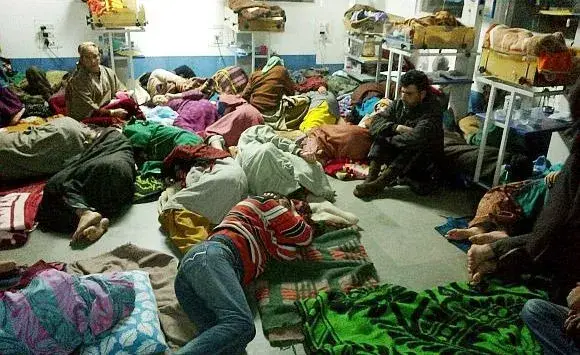The Union Budget 2025-26, presented by Finance Minister Nirmala Sitharaman, has unveiled a range of initiatives aimed at transforming India’s education sector. With a strong focus on skill development, digital infrastructure, and higher education expansion, the budget sets the stage for a future-ready education system. Education leaders across the country have shared their insights on the impact and implications of these measures. Key Announcements in Education: Atal Tinkering Labs: 50,000 labs to be set up in government schools over five years to foster innovation and scientific temper among students. Broadband Connectivity: Extension of broadband under BharatNet to all government secondary schools, ensuring digital access for students in rural areas. Bharatiya Bhasha Pustak Scheme: Digital-format books in Indian languages to support multilingual education. Expansion of Medical Education: Addition of 10,000 medical seats next year, with a long-term goal of 75,000 new seats over five years. National Centres of Excellence for Skilling: Five centres to be set up with global partnerships for skill development in manufacturing and emerging technologies. Expansion of IIT Infrastructure: Capacity expansion in five IITs and hostel expansion at IIT Patna to accommodate growing student demand. Centre of Excellence in AI for Education: Establishment of a specialized AI centre with a budget allocation of Rs 500 crore to integrate AI into educational methodologies and research. Industry Leaders React to Budget Announcements: “The Union Budget 2025-26 demonstrates a strong commitment towards fostering inclusive and quality education in India. The government’s initiatives such as setting up 50,000 Atal Tinkering Labs in government schools, providing broadband connectivity to rural schools, and launching Centres of Excellence in AI for education with a ₹500 crore outlay reflect a forward-looking approach. The expansion of IIT capacity and the establishment of five National Centres of Excellence for skilling are crucial steps in equipping the youth with industry-relevant skills. Moreover, the PM Research Fellowship, offering 10,000 fellowships for technological research, will strengthen India’s innovation ecosystem. India, a nation of young entrepreneurs, is making its mark on the global stage by prioritizing skill development and future-ready education, a recognition further validated by the QS World Future Skills Index. These efforts collectively pave the way for a skilled and empowered workforce, driving the nation towards ‘Viksit Bharat’.” – Dr. Madhu Chitkara, Pro-Chancellor, Chitkara University. “The Union Budget 2025-26 demonstrates a strong commitment to India’s education sector, allocating ₹1.28 lakh crore—₹78,572 crore for school education and ₹50,078 crore for higher education. Key initiatives include adding 6,500 IIT seats, establishing a ₹500 crore Centre of Excellence in AI for education, and setting up 50,000 Atal Tinkering Labs to enhance STEM learning. Additionally, 10,000 medical college seats will be added next year, contributing to 75,000 new seats over five years. Despite these advancements, the allocation remains below the 6% GDP target recommended by NEP 2020, potentially impacting India’s Gross Enrollment Ratio (GER) goal of 50% by 2035. India’s education spending (4.1%-4.6% of GDP) aligns with global benchmarks, but a stronger focus on PreK-12 education, regulatory support for private schools, and equitable investment in digital infrastructure is necessary to ensure holistic growth across all levels.” – Reekrit Serai, Managing Director, Satluj Group of Schools. “Budget 2025 takes a bold step toward a knowledge-driven India, emphasizing AI, skilling, and digital access. With 50,000 Atal Tinkering Labs, broadband in government schools, and a ₹500 crore Centre of Excellence for AI in Education, technology is becoming a great equalizer. The Deeptech Fund and PM Research Fellowship Scheme further strengthen India’s innovation ecosystem. Expanding IIT infrastructure, setting up skilling centers, and increasing teacher recruitment will boost education quality. The focus on STEM, sustainability, and socio-emotional learning aligns with 21st-century needs. While the budget is ambitious, achieving the long-promised 6% GDP allocation for education remains a challenge. More collaboration between private and public schools, alongside better governance, is essential. With its emphasis on AI, upskilling, and cultural preservation, this budget is a significant leap forward—an 8/10 effort, with brownie points for integrating Indian sanskaar with futuristic growth.” – Kanak Gupta, Group Director, Seth M.R. Jaipuria Schools. “The 2025 budget takes commendable steps in expanding IIT infrastructure, AI-driven education, and skill development, but a truly transformative vision must go beyond elite institutions. With 90% of higher education provided by private and deemed universities, targeted support for these institutions is essential for inclusive growth. Additionally, ₹500 crore for AI in education is just a starting point—India needs bolder investments to lead globally in AI-driven learning. A more holistic approach will ensure that quality education reaches every student, not just those in premier institutions.” – Dr. Ramakrishnan Raman, Vice Chancellor, Symbiosis international University, Pune. “The Union Budget 2025-26 reinforces India’s commitment to education and skill development with a ₹1.28 lakh crore allocation. Key initiatives include broadband connectivity for all government secondary schools under BharatNet, the establishment of 50,000 Atal Tinkering Labs, and five National Institutes of Excellence for Skilling. The focus on AI, STEM education, and industry-driven skill programs will equip youth for a tech-driven future. Strengthening academia-industry collaboration and digital learning will accelerate India’s journey towards self-reliance and global leadership in education and innovation.” – Kunwar Shekhar Vijendra, Co-founder and Chancellor of Shobhit Deemed University, Meerut. “The Budget 2025-26 reaffirms India’s commitment to becoming a global knowledge superpower. With an allocation of ₹128,650 crore for education, this budget strengthens accessibility, equity, and quality. Key Highlights: School Education (₹78,572 crore, +16%) – Expansion of Samagra Shiksha (₹41,250 crore), PM POSHAN (₹12,500 crore), and PM SHRI (₹7,500 crore) will enhance infrastructure and learning. 50,000 Atal Tinkering Labs will foster innovation in government schools. Higher Education (₹50,078 crore, +7.74%) – Expansion of IITs, 10,000 new medical seats, and the PM Research Fellowship Scheme will boost research and innovation. AI & Digital Education (₹500 crore) – Establishment of the Centre of Excellence in AI will revolutionize education. The Bharatiya Bhasha Pustak Scheme will enhance inclusivity through digital Indian language books. Skilling & Employability – Five National Centres of Excellence for Skilling with global partnerships will align education with industry needs. Education Accessibility –










